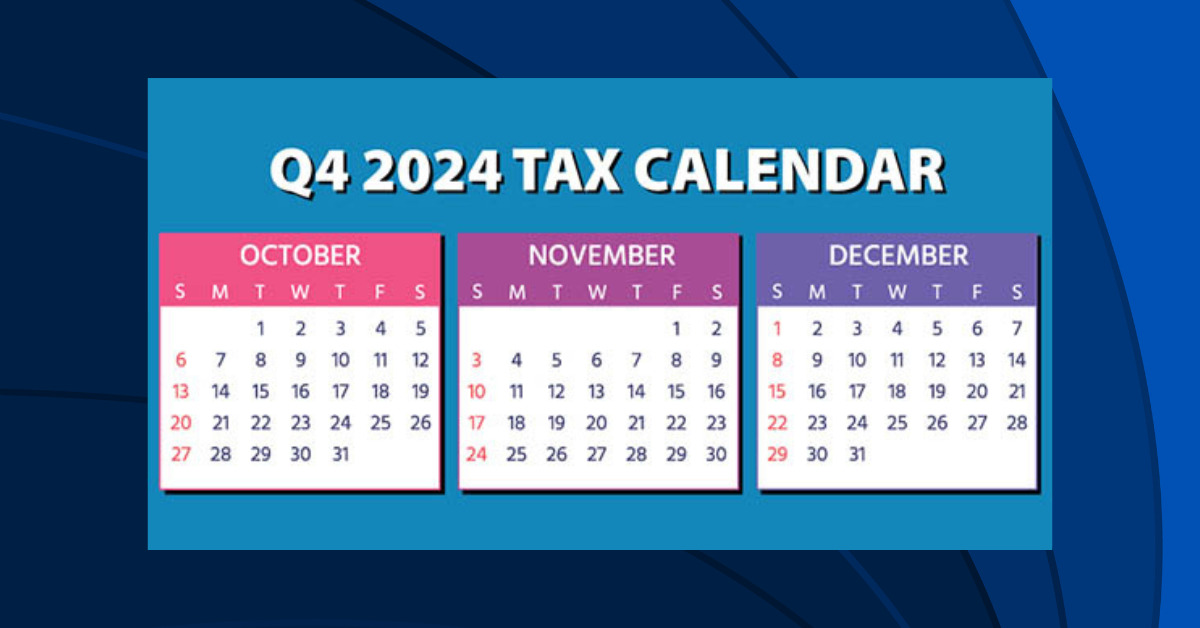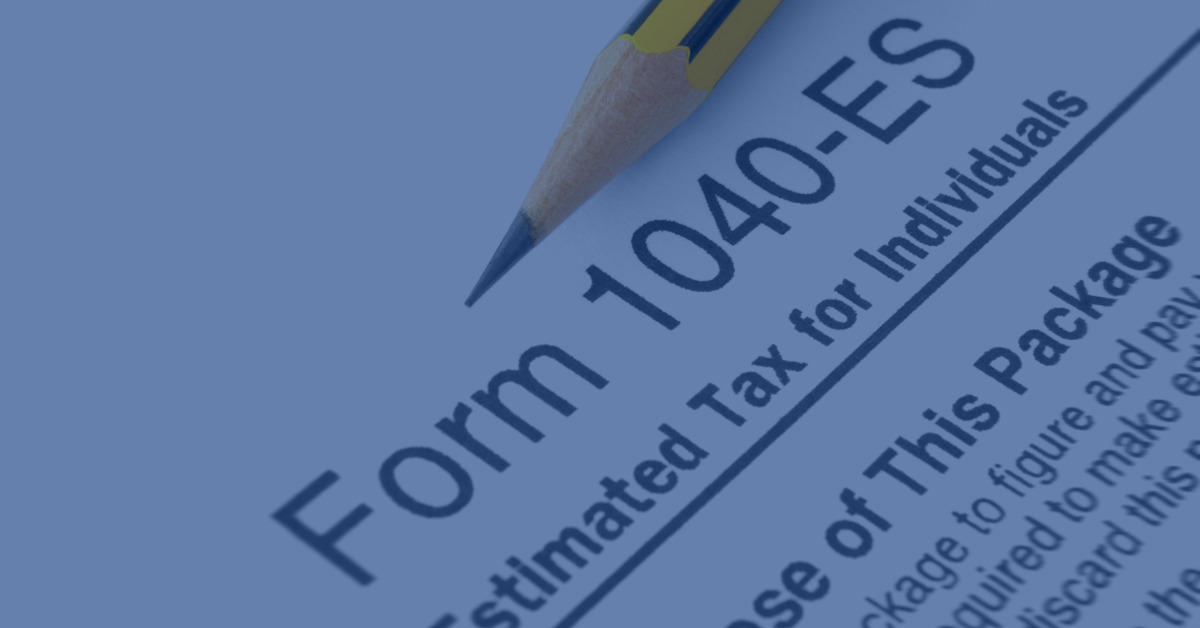With Labor Day in the rearview mirror, it’s time to take proactive steps that may help lower your small business’s taxes for this year and next. The strategy of deferring income and accelerating deductions to minimize taxes can be effective for most businesses, as is the approach of bunching deductible expenses into this year or next to maximize their tax value.
Do you expect to be in a higher tax bracket next year? If so, then opposite strategies may produce better results. For example, you could pull income into 2024 to be taxed at lower rates, and defer deductible expenses until 2025, when they can be claimed to offset higher-taxed income.
Here are some other ideas that may help you save tax dollars if you act soon.
Make sure you make the last two estimated tax payments to avoid penalties. The third quarter payment for 2024 is due on September 16, 2024, and the fourth quarter payment is due on January 15, 2025.
Taxpayers other than corporations may be entitled to a deduction of up to 20% of their qualified business income (QBI). For 2024, if taxable income exceeds $383,900 for married couples filing jointly (half that amount for other taxpayers), the deduction may be limited based on whether the taxpayer is engaged in a service-type business (such as law, health or consulting), the amount of W-2 wages paid by the business, and/or the unadjusted basis of qualified property (such as machinery and equipment) held by the business. The limitations are phased in. Taxpayers may be able to salvage some or all of the QBI deduction (or be subject to a smaller deduction phaseout) by deferring income or accelerating deductions to keep income under the dollar thresholds. You also may be able increase the deduction by increasing W-2 wages before year end. The rules are complex, so consult us before acting.
- Cash vs. accrual accounting
More small businesses are able to use the cash (rather than the accrual) method of accounting for federal tax purposes than were allowed to do so in previous years. To qualify as a small business under current law, a taxpayer must (among other requirements) satisfy a gross receipts test. For 2024, it’s satisfied if, during the three prior tax years, average annual gross receipts don’t exceed $30 million. Cash method taxpayers may find it easier to defer income by holding off on billing until next year, paying bills early or making certain prepayments.
Consider making expenditures that qualify for the Section 179 expensing option. For 2024, the expensing limit is $1.22 million, and the investment ceiling limit is $3.05 million. Expensing is generally available for most depreciable property (other than buildings) including equipment, off-the-shelf computer software, interior improvements to a building, HVAC and security systems. The high dollar ceilings mean that many small and midsize businesses will be able to currently deduct most or all of their outlays for machinery and equipment. What’s more, the deduction isn’t prorated for the time an asset is in service during the year. Even if you place eligible property in service by the last days of 2024, you can claim a full deduction for the year.
For 2024, businesses also can generally claim a 60% bonus first-year depreciation deduction for qualified improvement property and machinery and equipment bought new or used, if purchased and placed in service this year. As with the Sec. 179 deduction, the write-off is available even if qualifying assets are only in service for a few days in 2024.
These are just some year-end strategies that may help you save taxes. Contact us to customize a plan that works for you. In addition, it’s important to stay informed about any changes that could affect your business’s taxes. In the next couple years, tax laws will be changing. Many tax breaks, including the QBI deduction, are scheduled to expire at the end of 2025.
Plus, the outcome of the presidential and congressional elections could result in new or repealed tax breaks. © 2024






